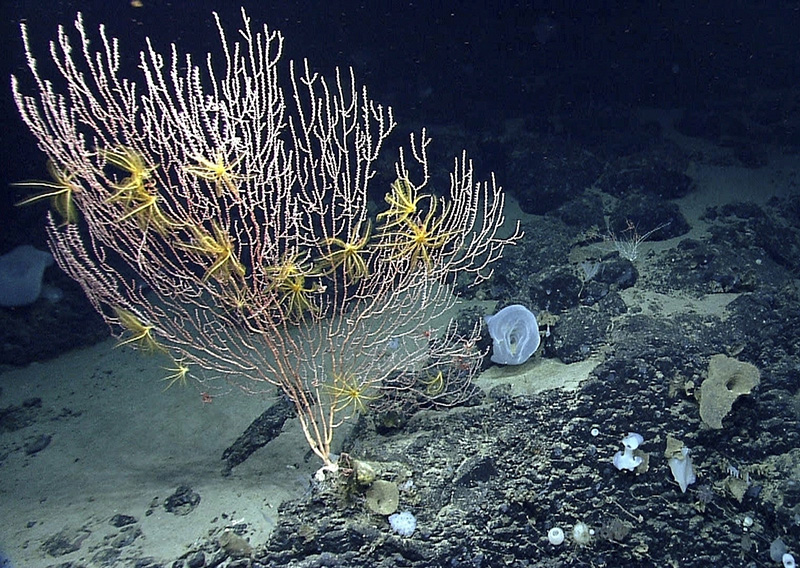On June 15, 2006, one week after the 100th anniversary of President Theodore Roosevelt’s signing of the Antiquities Act, President George W. Bush declared a massive marine park in the Hawaiian Islands. President Obama expanded that designation 10 years later and also created the first Atlantic marine monument in New England with the Northeast Canyons and Seamounts.
In late April 2017, President Trump signed an executive order calling on Interior Secretary Ryan Zinke to review monument designations made over the last 20 years — stretching back to the second Clinton administration — to assess whether they should be “rescinded, resized or modified in order to better benefit our public lands.” (Read more on p. 16 of National Fisherman's July issue.)
The designations in question were made using the authority of the Antiquities Act, which was created to give presidents the ability to restrict public and private use of federal lands with the stroke of a pen. Whether there are changes to any of these designations (which would be unprecedented), the review could lead to an overhaul of the act, to limit the scope of its application under current and future administrations. All told, 27 monuments are being reviewed with a call for public comment, including five marine designations.
No one has asked me to advise the Trump administration, nor am I asking for such a task. But I will admit I have a soft spot for politics, and watching the ups and downs of this administration has offered an especially fascinating front-row seat to see how the sausage gets made in Washington. It has gotten me thinking about the subtleties of seasoned politicians. Whether or not you align yourself with the Trump administration’s agenda, it’s hard to argue that the president is subtle. Some find it refreshing as a departure from the Washington status quo, while others undoubtedly find it confounding.
But of course, the status quo in Washington hasn’t always been what it is today. This country was founded by men with ideas big enough to move mountains and eloquent public speeches that convinced droves of colonists to sacrifice their lives for the hope of an independent form of government. And in those heady days, the politicians had to put their own lives on the line. More recently, federal politics has been a game of subtleties. Big political moves make big waves. And in a strongly partisan environment, big waves may well drown your support as easily as your opposition.
With so many monuments in question, the administration is likely to face multiple legal entrenchments if the president makes any attempt to recall or even redefine a designation. After all, it’s never been done before. Because of its scope, this review has come to the attention of activist groups all over the country. The more attention it gets, the more likely it is to turn into an epic battle. Is the president well enough married to this idea to see it through a long fight? We may soon find out. I suspect this executive order will strike yet another hard blow against the hornet’s nest of judicial review.







.jpg.small.400x400.jpg)